Latest news
Basic Life Support training by Bolton’s NHS doctors and nurses helps save a life
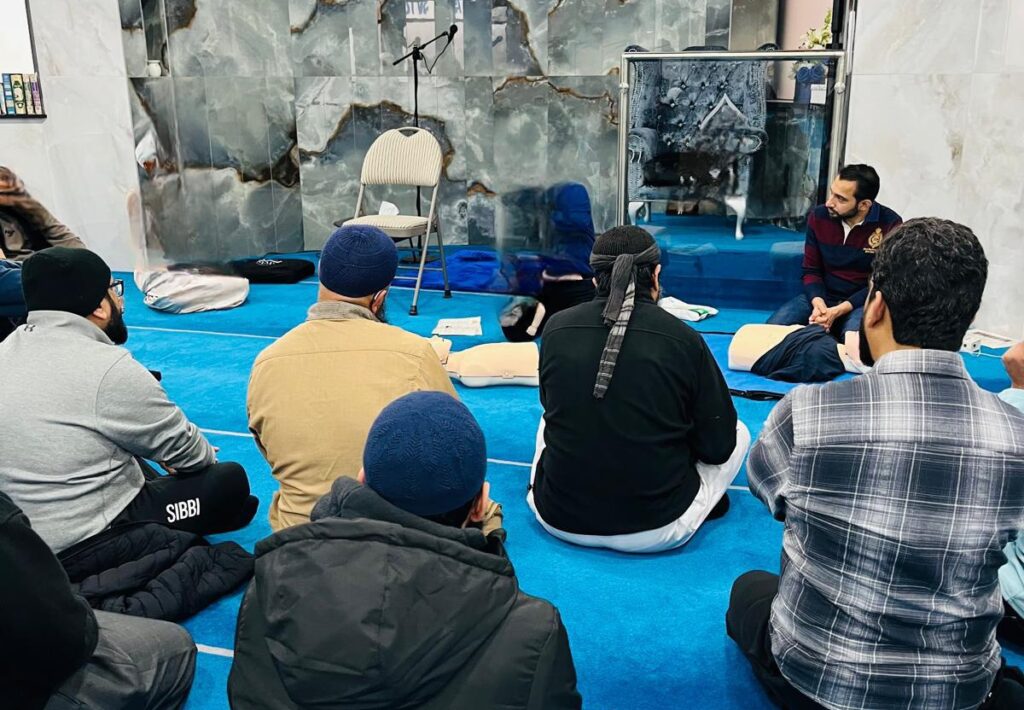
- Bolton’s NHS doctors and nurses are delivering Basic Life Support training to communities
- Event at local mosque resulted in attendee using skills to help someone experiencing a heart attack
- Plans for more training sessions in the coming months
Basic Life Support training that’s being delivered by Bolton’s NHS doctors and nurses in the town’s mosques has helped to save the life of a woman who experienced a heart attack and was in cardiac arrest.
Earlier this year, the Resuscitation team and consultants from Bolton NHS Foundation Trust carried out Basic Life Support training in Bolton’s communities by working with local mosques, places of worship and community centres.
The sessions provide vital skills and knowledge that enable people to respond in life-threatening emergencies by using cardiopulmonary resuscitation (CPR) and defibrillators.
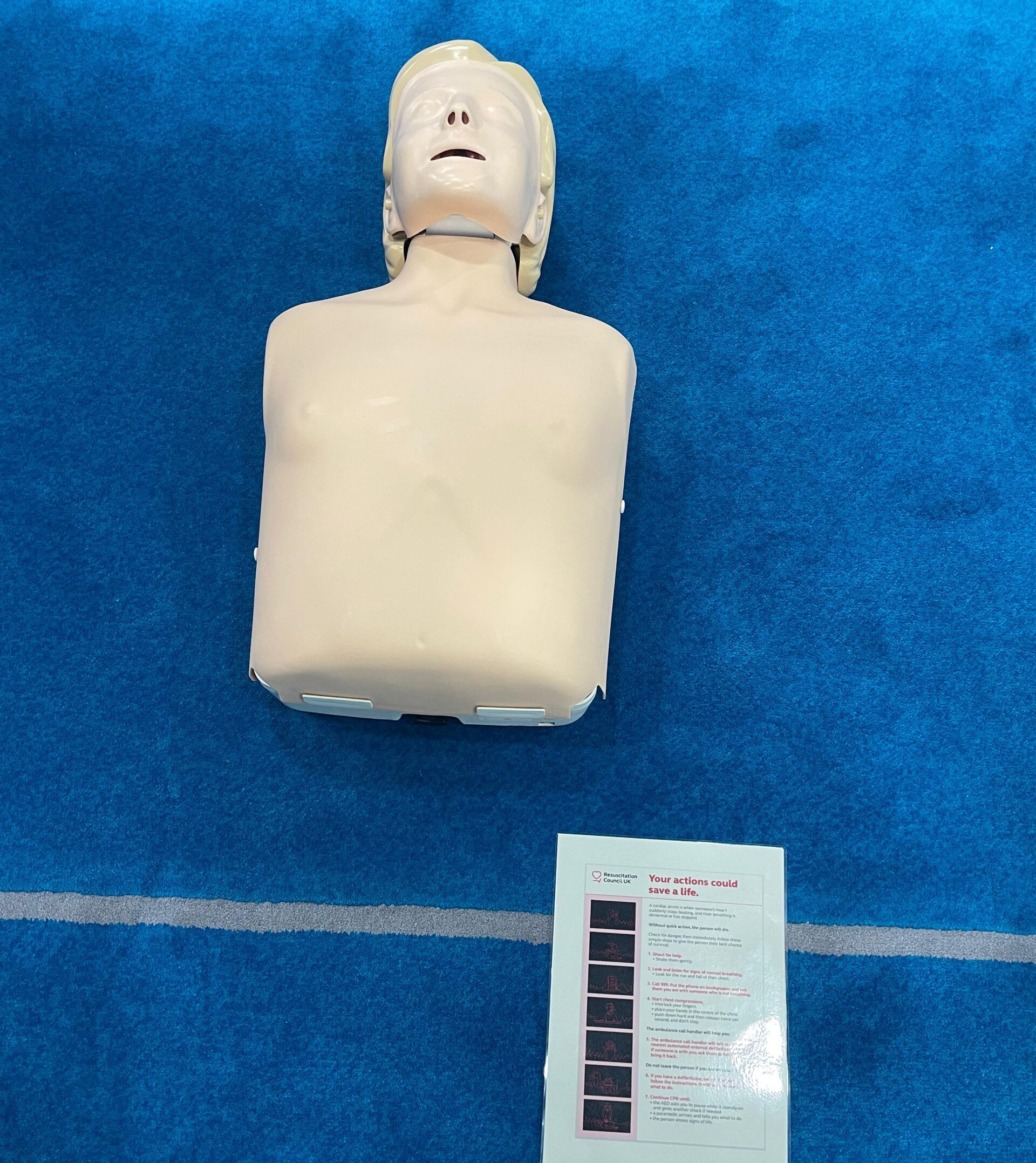
Research by Resuscitation Council UK found CPR training is significantly lower in some minority ethnic backgrounds than the rest of the UK population, with less than 1 in 4 people (22%) from ethnic minority receiving training in the last ten years, compared with 41% of the UK population in the same period.
Following the training, a member of the community suffered a cardiac arrest and her relatives quickly jumped into action to start CPR and called for an ambulance.
The relatives say they were able to act thanks to the recent training they had received at a mosque.
Dr. Hafsa Pathan, whose mother received the CPR, said:
As a health care professional I attended one of the events organised at the local mosque, as did my sister, who was able to then take prompt action as taught in the training session when my mother was faced with a cardiac arrest. I feel if she was not aware of what to do, the outcome may have been different.
“The event was well presented and delivered in an excellent professional manner. The enthusiasm both by the trainers and the trainees was commendable which led to a positive learning experience for those who attended, which played a paramount role in a real life situation.
“CPR is known to save lives. Providing this crucial training in the communities really makes me feel that we are doing something to make a difference.
“Having these events are a crucial service to help save lives. It helps deliver essential skills to the people of the community, empowers and educates the community to make a real difference.
“The greater the number of people being trained will give better outcomes and a higher survival rate. I strongly feel these events need to be attended by all our communities and encouraged for all to partake.
Training sessions have been delivered at two mosques in Bolton, with plans for two more sessions in the coming months.
Dr. Rizwan Ahmed, Consultant in Respiratory Medicine at Bolton NHS Foundation Trust, said:
Over the past few months we have been providing Basic Life Support training to our hard to reach communities in Bolton by working in collaboration with our local mosques.
“Statistically, women and individuals from South Asian ethnic minorities are less likely to receive bystander CPR than their white, male counterparts. Several factors contribute to this, including cultural differences, varying levels of training and education, and potential biases.
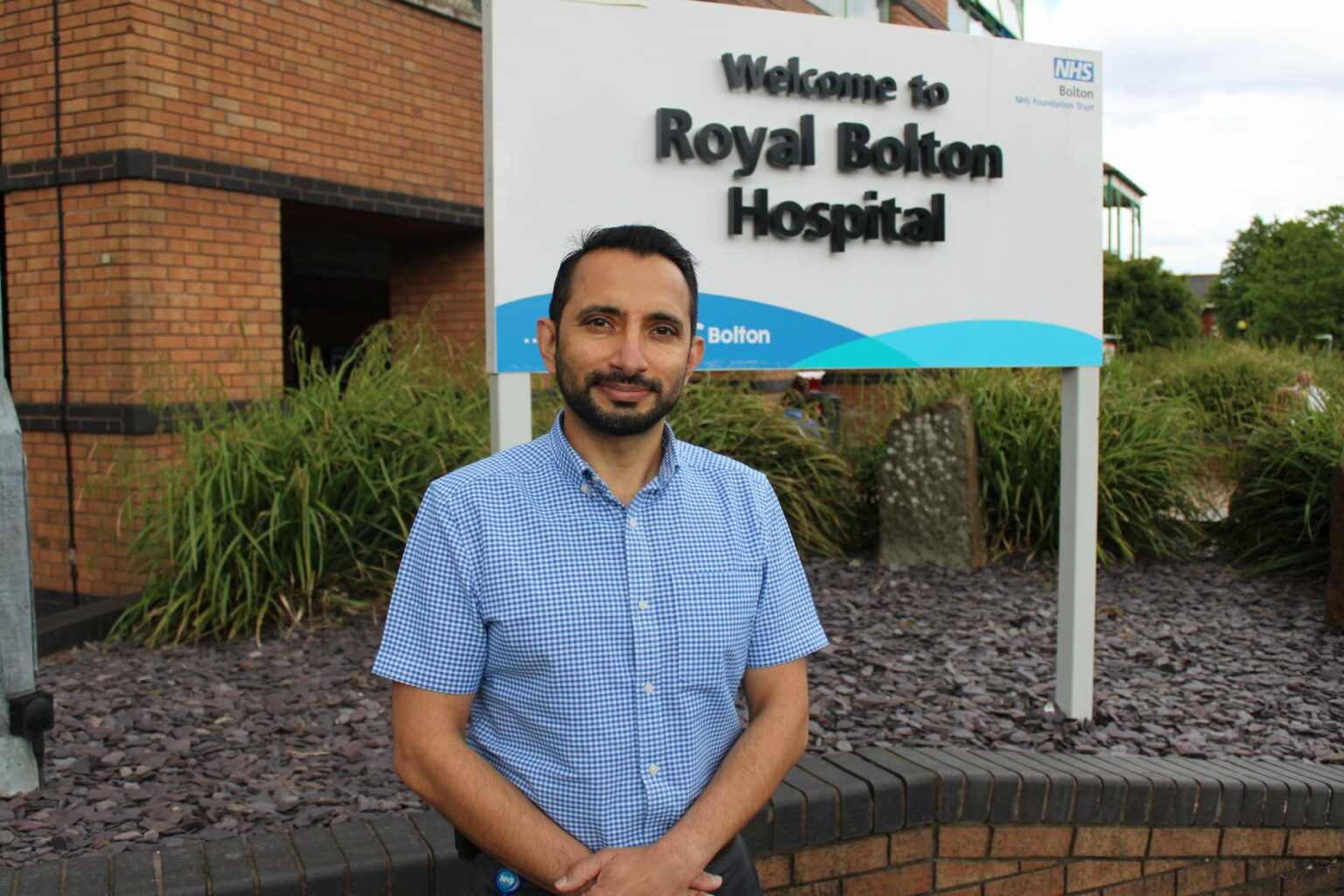
It is extremely heart-warming to know someone who attend our training was able to help by providing resuscitation to a loved one. This vital training is already saving lives and equipping and empowering our communities with the skills and knowledge they need to provide support until medics arrive.
One of the mosques to take part was Masjid Ali in Bolton. Imam, Luqman Amla, said:
The programme was exceptionally well received, and we continue to hear extremely positive feedback from the community.
“To know that one attendee from that session was recently able to administer CPR to a person who suffered a heart attack example is a powerful reminder of how vital BLS training is for our community. Their actions, based on what they learnt in this training, ultimately saved a life.
“With the prevalence of heart attacks, strokes, and other emergencies, equipping our community with these skills is not just important, it is essential.
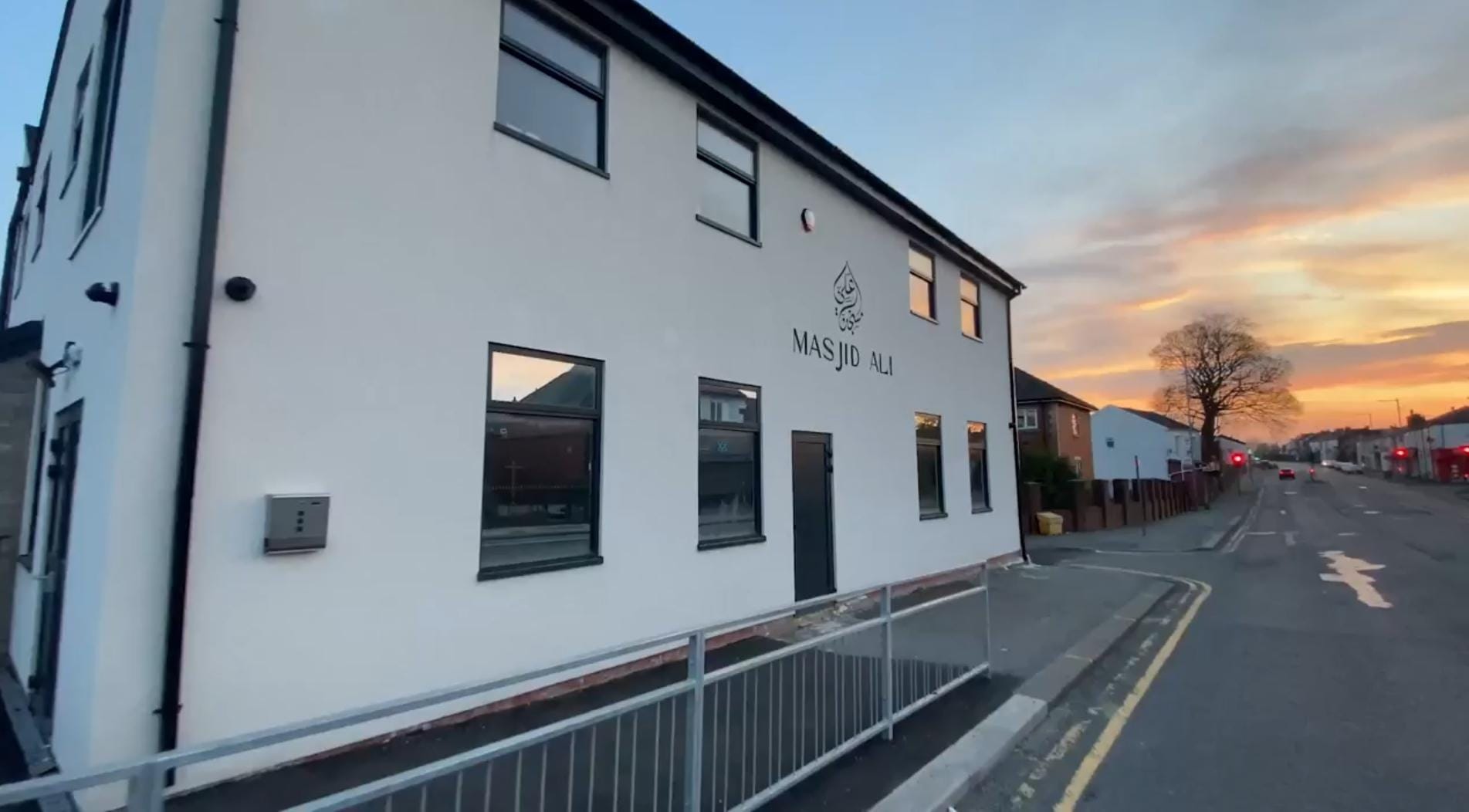
A separate female-only training session was also delivered by female colleagues to make sure everyone had equal access to the training, taking into consideration cultural or religious beliefs.
Alison Walmsley, Lead for Resuscitation and Education at the Trust, said:
Linking in with our communities and sharing our skills is a privilege and an honour. The skills we shared are definitely skills for life. To have had such a positive outcome, helping someone to save another life, demonstrates the real value of delivering such important training.
The Trust’s strategy for 2024-2029 sets out its ambition to improve health and prevent illness, which includes a focus on prevention and public health, ensuring equitable access, and for areas where the life expectancy gap is most profound, identifying and reducing any barriers.
Dr. Rauf Munshi, Associate Medical Director and Consultant in Acute Medicine at the Trust, added:
We know cardiovascular health within the global majority is worse compared to the rest of the population. We also know that there has been very little uptake on the offer for Basic Life Support training in the global majority community.
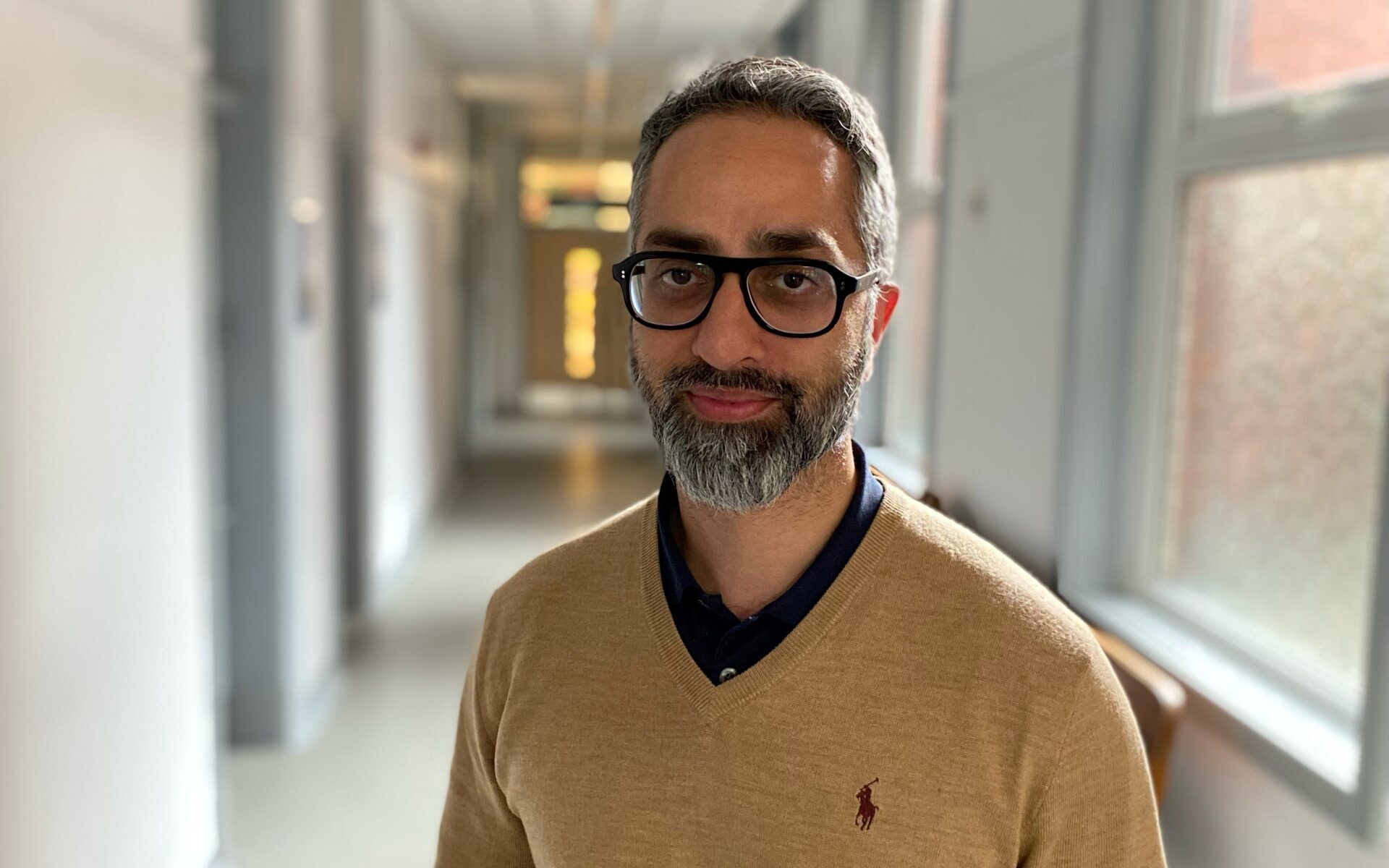
The feedback has been very positive and the compliment received from a member of the public shows the benefits of educating and training the local population.
“We’re keen to continue to work with our local communities to ensure we can address inequalities with regarding to health and resuscitation.